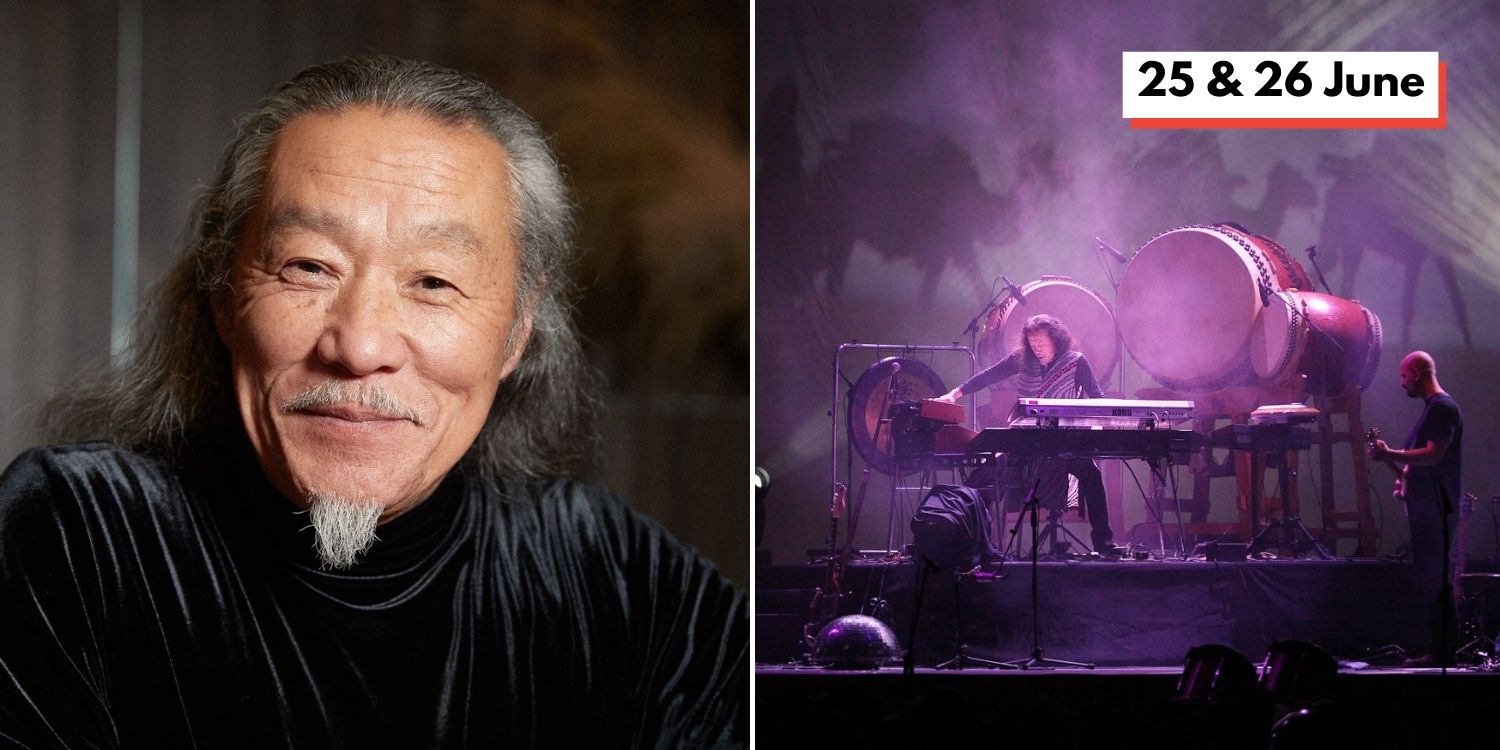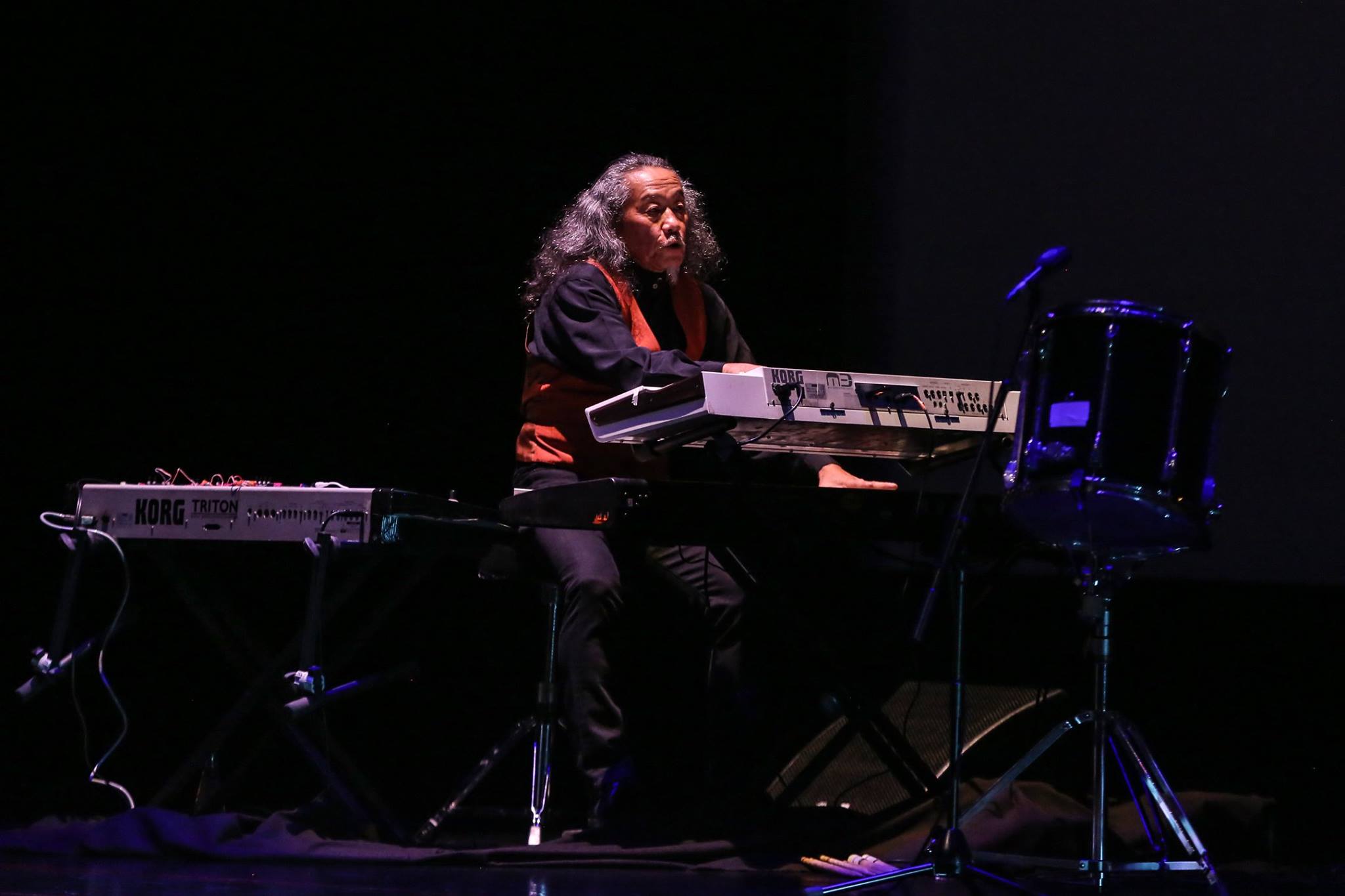George Harliono to Grace the Victoria Concert Hall on 30th August 2024
Renowned British-Indonesian concert pianist George Harliono is set to captivate audiences at Victoria Concert Hall in Singapore on 30th August 2024. Known for his exceptional talent and musicality, George Harliono has garnered international acclaim, enchanting listeners worldwide with his masterful performances.
A Prodigy’s Journey: From a Worn Family Piano to Global Stages
George Harliono’s musical journey began at a young age, inspired by his older brother’s violin playing and their shared exploration of a well-worn family piano. Despite its poor condition, this instrument ignited George’s deep passion for music. His mother soon found a piano teacher to guide him, recognizing his dedication to practice and experimentation.
“In our home, we had a very old upright piano, I think it cost £100. It was really terrible, almost untune-able,” George recalls. “My brother and I would play around on it, making a terrible noise until my mum got so fed up with it that she found a local piano teacher to help tame us! I found that I enjoyed playing piano and would spend hours practicing and trying out new things. My parents are not at all musical, so they didn’t really know what to do with me when I became more and more interested in playing.”
![]()
Influential Mentors and International Acclaim
George’s first piano teacher, Claire Swainsbury, introduced him to the joy of playing, while renowned figures like Vladimir Ashkenazy and conductor Alexander Sladkovsky later played crucial roles in shaping his artistic path. Despite the limited appreciation for classical music in the UK compared to countries like Russia, George has achieved remarkable milestones.
In 2023, George Harliono won the Silver Medal at the prestigious XVII International Tchaikovsky Competition, further propelling him to international acclaim. His musical journey began at the tender age of nine, marking him as a prodigy with an extraordinary future. Over the years, he has amassed numerous accolades, including top prizes from the Grand Piano Competition in Moscow and the Sendai International Music Competition.
George Harliono’s stellar career features performances at renowned concert venues and collaborations with esteemed artists such as Denis Matsuev and Valery Gergiev. His award-winning rendition of Beethoven’s Piano Concerto No. 5 in Moscow stands as a testament to his exceptional talent and musicality.
A Mesmerizing Recital at Victoria Concert Hall, Singapore
![]()
George Harliono’s highly anticipated recital at Victoria Concert Hall in Singapore promises to be a mesmerizing experience. With his distinctive British-Asian heritage, George effortlessly navigates through various musical styles. The program will feature intricate French compositions, the raw emotional power of Beethoven, and the exotic charm of Glinka’s works. Each performance offers a glimpse into George’s versatile artistry, ensuring an immersive and unforgettable musical journey for the audience.
Attendees can look forward to an evening where passion and piano converge, showcasing the multi-faceted depth of George’s talent. His ability to evoke a wide range of emotions and command over diverse musical genres is sure to leave the audience deeply moved and musically satisfied.
Don’t Miss George Harliono Live in Singapore
Don’t miss the opportunity to witness George Harliono’s brilliance live. His recital promises not just a performance but an evocative journey through the landscape of classical music, revealing the true artistry of this remarkable young pianist.
This concert is presented by Bechstein Music Word Singapore.
About the Artist: George Harliono
![]()
Born in Hackney in the UK, British-Indonesian pianist George Harliono first embarked on his remarkable musical journey with an invitation to perform his first solo recital at the tender age of nine. Since then, he has captivated audiences worldwide, performing in prestigious venues across the UK, USA, Europe, and Asia, including Wigmore Hall, The Berlin Philharmonie Kammermusiksaal, The Royal Albert Hall, and Chicago Symphony Centre.
In 2023, George’s talent was further recognized with the Silver Medal at the XVII International Tchaikovsky Competition. His career highlights include recording Beethoven’s Piano Sonata at the Southbank Centre in London and a live broadcast performance of Tchaikovsky Piano Concerto No.1 in the Great Hall of The Moscow Conservatory on Russian national TV.
George has shared the stage with eminent artists and renowned conductors, establishing himself as a regular performer with various orchestras. His awards in numerous international competitions attest to his exceptional musical abilities.
Recently, George performed Beethoven Piano Concerto No.5 at Zaryadye Concert Hall in Moscow and Liszt Piano Concerto No.1 at the Frankfurt Alte Oper. He was also a featured artist at the Duszniki-Zdrój International Chopin Piano Festival in Poland.
Studying under Professor Pascal Nemirovski and having taken masterclasses with distinguished musicians, George’s development as an artist is also nurtured by conductor Alexander Sladkovsky. His talent has been praised by the acclaimed pianist Denis Matsuev, highlighting George’s promising future in the classical music world.
George’s academic achievements include a BMUS Degree from the Royal College of Music, where he was accepted at 15 with a full scholarship. He has also been recognized at the Classic BRIT Awards and the ‘440 Hz’ awards.





































